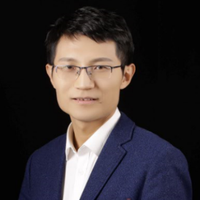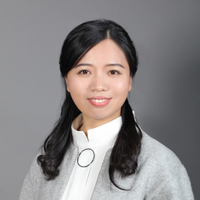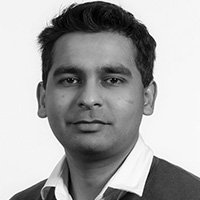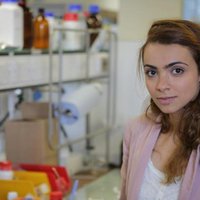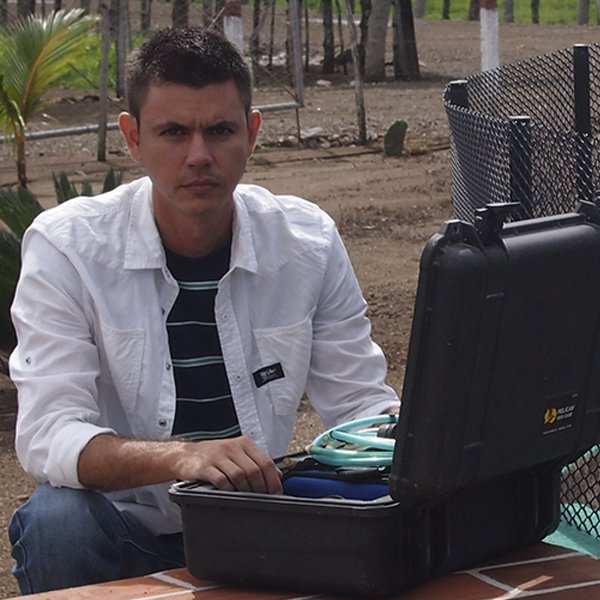Cuba wants to reduce its dependence
on expensive fossil fuels. In rural areas, the country has launched initiatives
aimed at finding local, energy supply alternatives which are compatible with
food security and environmental sustainability. Thanks to initiatives like
these, 28% of the country´s energy is currently obtained from biomass,
according to data from the Swiss Agency for Development and Cooperation
(COSUDE).
Alexander López is contributing to this challenge. In the rural Cabiguán region
(Cuba), this young engineer has designed and installed biodigesters that
recycle waste from a nearby pig breeding center and transforms then into
biogas. Thanks to this processing plant, which supplies the region with a
renewable energy source, 500 residents of four communities have managed to
reduce their traditional electric bills by 50%. Thanks to this advance, López
has been named as one of MIT Technology Review, Spanish edition´s Innovators
Under 35 Latin America 2017.
The biogas supply system is comprised of three parts. First: the biodigesters,
where organic waste is transformed into biogas. Next, the distribution grid
transports the biogas to homes, after passing through a filtering system which
improves the quality of the biogas. Once at customers´ homes, the biogas is
used for cooking and to heat water.
López explains that the most innovative aspect of the system, which is one of a
kind in Cuba, is that "the process does not require any additional
energy." Thanks to López´ design´s technical and structural improvements,
"the biodigesters are more efficient," according to their creator.
The process yields two cubic meters of biogas for each cubic meter of
digestion. "Thanks to this, we get more pressure and are able to transport
the biogas up to five kilometers (just over three miles) without requiring
additional energy," he adds.
López is present during the entire process. Not only does he design and install
the biodigesters and supply grids, comprised of local materials, but he also
trains the operators and users, who must maintain the installations.
The first biodigesters, financed by the Suiss Agency for Development and
Cooperation´s international BIOMAS-CUBA program, were installed in Cabiguán in
four communities. The project, which boasts a high adoption rate in these
communities, is currently expanding. The team has plans to implement a further
six systems which will serve 1,112 homes and a total of 5,000 residents. For
now, plans for growth are local, although López does not rule out the
possibility of expanding nationally and even internationally.
The director of the Biochemical Engineering Center at the University of the
Valley of Guatemala and jury member for the Innovators Under 35 Latin America
2017, Carlos Rolz, highlights the "important social component" of
this highly technical project.
